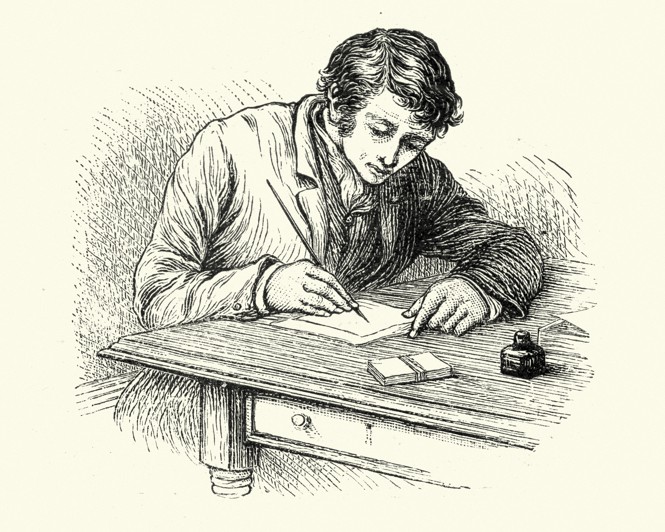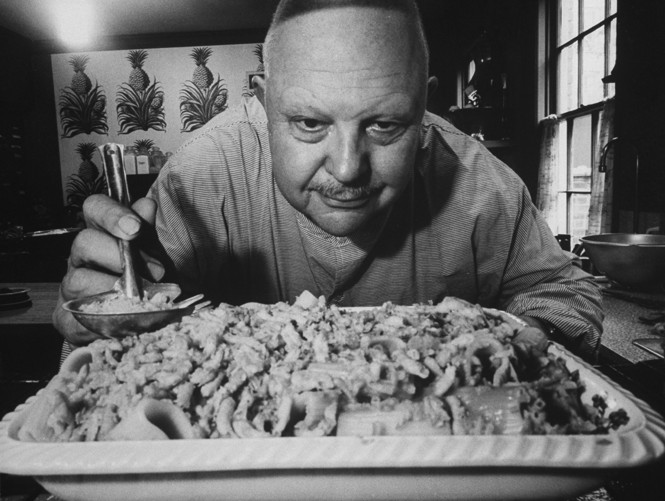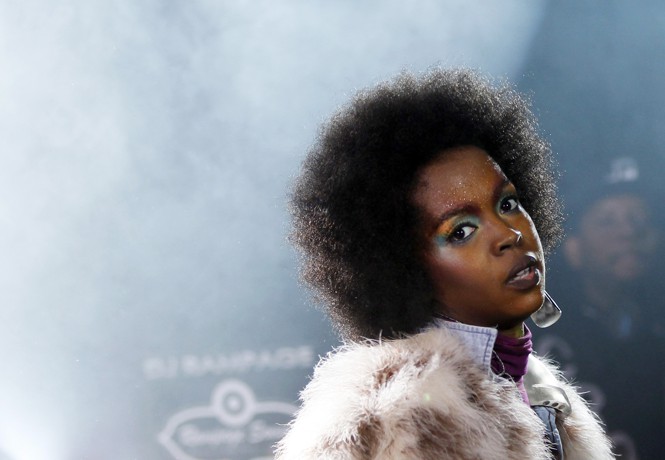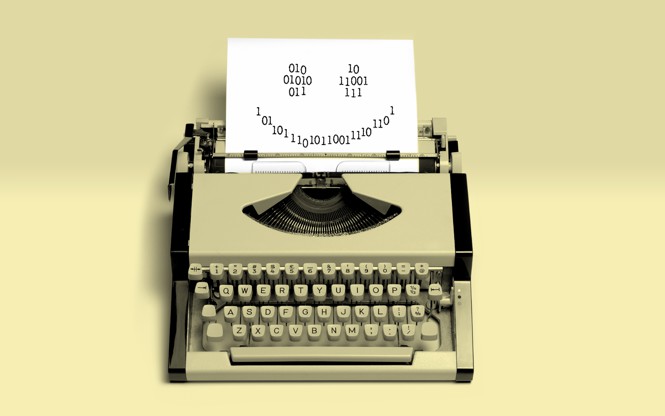In her debut novel, The Vexations, the author Caitlin Horrocks fictionalizes the life of the precocious French music composer Erik Satie. In her telling, Satie was talented and successful—and entitled. He made waves in music circles across Paris, but was also immature and cruel to many of the women in his life, including his sister and the girl he loved. He was, in other words, a quintessential boy genius: “a hero, Artist above all,” yet still deeply “broken,” Horrocks writes.
Horrocks’s novel is a fierce critique of the genius myth. In it, she highlights both whom the label tends to be applied to and how lionizing someone can drive us to overlook their misdeeds. One real-world example is how the literary star David Foster Wallace’s widely alleged abuse of the poet, memoirist, and essayist Mary Karr is rarely considered more than a sidenote in an otherwise unblemished career. In the culinary world, the idolization of James Beard leaves little room to acknowledge the collaborators he didn’t credit, which the critic John Birdsall covers in The Man Who Ate Too Much. Beard’s prominence in American cooking meant, too often, that he alone was given the power to define the nation’s cuisine—at the expense of the country’s many other talented chefs.
Few women are afforded the same level of acclaim, but Lauryn Hill is a rare exception. Record executives may have initially been skeptical of her vision for The Miseducation of Lauryn Hill, as the scholar Joan Morgan chronicles in She Begat This, but after its release the album was canonized and solidified Hill’s mystique. Suddenly, her talent was justification for (and reason to ignore) any of her shortcomings—a leniency that stands in sharp relief to the otherwise unforgiving standards for women artists. But opening up the label of “genius” to include Hill didn’t expand opportunities for others or help us fully understand her. Instead, it highlighted the depth of existing inequalities.
The book Pharmako-AI, which was co-written by a human author and the language-processing software GPT-3, disrupts this myth on an even deeper level. The book’s origins may be a far cry from our vision of a lonely artist writing in isolation, but the collaborative process between AI and person has yielded a coherent and beautiful work—one that neither could have written on their own.
Every Friday in the Books Briefing, we thread together Atlantic stories on books that share similar ideas. Know other book lovers who might like this guide? Forward them this email.
When you buy a book using a link in this newsletter, we receive a commission. Thank you for supporting The Atlantic.
What We’re Reading

duncan1890 / Getty
“By writing her male virtuoso from the inside and outside, [Caitlin] Horrocks creates a wrenching portrait of overconfidence as a destructive force.”
📚 The Vexations, by Caitlin Horrocks

Steve Liss / The Life Images Collection / Getty
David Foster Wallace and the dangerous romance of male genius
“Genius, a means to godliness and its best evidence, cannot be argued with. Genius cannot be reasoned with. Genius is the answer and the question. It will be heard. It will be respected. Even when it kicks and stalks and climbs up the side of the house at night.”
📚 Every Love Story Is a Ghost Story, by D. T. Max

Yale Joel / The Life Picture Collection / Getty
The ‘Great Man’ theory of American food
“American food, that undefinable thing, is best represented by the people who cook it and love it. There are just a lot more of them than history tends to remember.”
📚 The Man Who Ate Too Much, by John Birdsall

Lucas Jackson / Reuters
The complicated female genius of Lauryn Hill
“Hill’s legacy lives in the gap between what she has given and what she has kept hidden away. The mystery is itself a kind of genius, but Hill has always defied simple categorization. We’re still learning who she is.”
📚 She Begat This, by Joan Morgan

Getty / Adam Maida / The Atlantic
What AI can teach us about the myth of human genius
“If literature were no longer the sole purview of the human, other myths intrinsic to the world of letters—like that of white male genius—might also be called into question. If we begin to acknowledge the nonhuman participants in human creation, we might also acknowledge the inadequacies (and historical injustices) of the genius myths.”
📚 Pharmako-AI, by K. Allado-McDowell and GPT-3
About us: This week’s newsletter is written by Kate Cray. The book she’s reading next is The Great Believers, by Rebecca Makkai.
Comments, questions, typos? Reply to this email to reach the Books Briefing team.
Did you get this newsletter from a friend? Sign yourself up.



